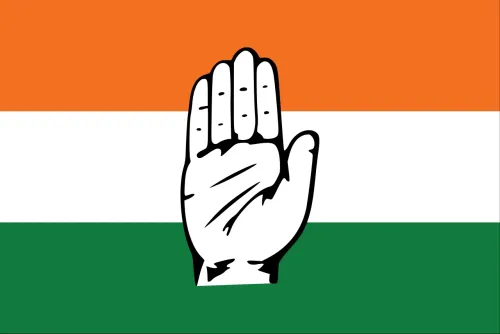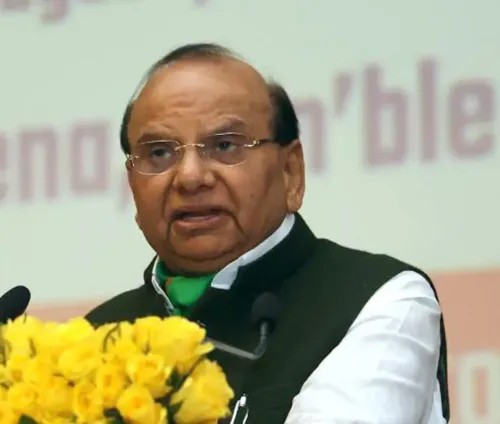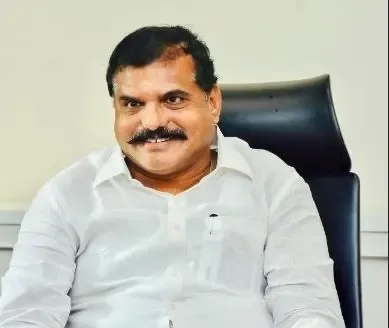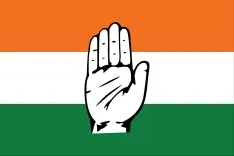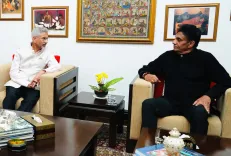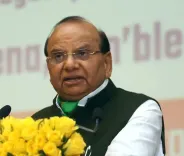TDP Backs ONOE Bill, AIMIM Labels It a Menace to Regional Parties
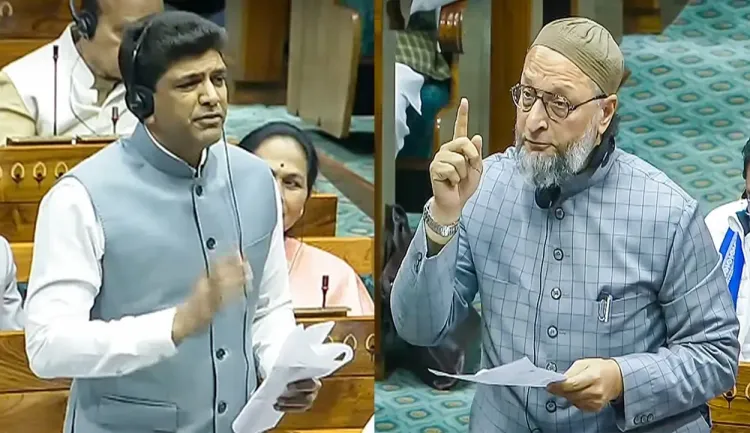
New Delhi, Dec 17 (NationPress) The Telugu Desam Party (TDP) on Tuesday conveyed its steadfast support for the NDA’s ‘One Nation, One Election’ (ONOE Bill) in the Lok Sabha, while the AIMIM criticized the legislation, deeming it a threat to regional parties.
The Minister of State for Communications, Chandra Sekhar Pemmasani, representing the TDP, praised the Bill and highlighted its key benefits, which include reduced costs and logistical efficiency.
According to Pemmasani, news reports indicate that the Election Commission of India spent over Rs 6,000 crore during the 2019 Lok Sabha elections and an estimated Rs 10,000 crore for the upcoming 2024 elections.
A draft report from the Law Commission in 2018, along with a Niti Aayog report from 2017, suggests that simultaneous elections could lead to a 40 percent reduction in costs, while also potentially increasing voter turnout by up to 7 percent.
Pemmasani further asserted that the ONOE initiative would save political parties that typically spend more than Rs 1 lakh crore.
Additionally, he noted that continuity in governance would see a boost if elections were held simultaneously.
“In the past six months, three elections were conducted within the state. How can the administrative machinery function effectively if elections are held in succession?” he queried.
The MoS also pointed out the negative impacts of constant political messaging through modern media, even when elections are taking place in other parts of the nation.
During the discussion, Asaduddin Owaisi of the All India Majlis-e-Ittehadul Muslimeen (AIMIM) voiced his opposition to the Bill, arguing that the ONOE undermines the right to democratic self-governance.
“If a legislative Assembly is disbanded and early elections are called, the resulting term for that Assembly would fall short of five years. This, in turn, violates the principles of parliamentary democracy, which mandates a five-year term for elected bodies,” he stated, emphasizing that shortened tenures infringe on the basic structure of the Constitution.
Criticizing the proposal, he labeled it as a measure intended to favor executive convenience rather than serving a constitutional purpose, asserting, “Parliament lacks the authority to enact laws that contravene fundamental rights or the core framework of the Constitution.”
Owaisi further argued that the Bill threatens to eradicate regional parties and was introduced merely to “serve the ambitions of the supreme leader.”
He cautioned that the Bill operates on principles of maximizing political advantage and convenience, potentially leading to an indirect shift towards a presidential form of democracy.


